David Clayton-Thomas wasn’t feeling well.
Three years ago, he woke up in preparation for a concert that night at the Toronto Convention Centre but felt weak and short of breath. “So I went to my doctor in the morning, I thought I had Bronchitis or something and figured he would give me something to tide me over and get me through the night,” reflected Clayton-Thomas on the phone from his Toronto, lake view condo.
“He told me, `forget about the concert, you’re going to hospital right now. You are having congestive heart failure as we speak. If we don’t get you to hospital, you’ll be lucky if you make it past dinner!”
What followed was an operation to replace a defective heart valve (“they give me a 50/50 chance of making it”) plus two months of recovery at the Toronto General Hospital, constantly cared for by his daughter Ashleigh, who jumped on a plane from San Francisco dropped her job and boyfriend and didn’t leave Clayton-Thomas’s side for the two months.
“I got to enjoying the benefits of “our wonderful Canadian health system “, cracked Clayton-Thomas who also received some valuable advice from his doctor during their post-operative meetings.
[quote]“In the end, I had to walk away. Yes I was still making millions of dollars on record royalties and concert fees, but creatively I was getting stagnant”[/quote]“He told me, `Amazing things can happen to people when they find they have another 20 years or so to live, reflected the 71-year-old Clayton Thomas. “Up until that point, I was lacking motivation. I had no energy, I was turning down gigs, couldn’t be bothered getting on a plane, had stopped writing – I was running out of gas!”
“But when I got home, it was like I had a new lease on life,” he continued. “I changed my diet, got a personal trainer and started to write again.”
The fruits of these labours is a brand new album; A Blues For A New World, “an album, with one or two exceptions, was completely written post operatively.
Now most people will remember David Clayton-Thomas as the lead vocalist of Blood Sweat & Tears, the New York City-based horns band which soared to the top of the Billboard charts in 1969 with the band’s second self-titled album which featured three chart topping singles; `And When I Die’, `You Make Me So Very Happy’ and his own composition `Spinning Wheel’. This album won three Grammy awards including top album (beating out The Beatles’ Abbey Road), took top position on the Billboard charts for 13 weeks and stayed on the charts for an unprecedented 109 weeks.
[youtube width=”600″ height=”450″ video_id=”wKxJjuxQ4ac”]
For a guy who grew up on the streets of Toronto, served time at both Guelph Reformatry and Burwash Prison before emerging with a guitar in hand and a distinctive vocal style, Clayton-Thomas gained his education playing the bars of Yonge Street with Ronnie Hawkins and the folk clubs of Yorkville before striking out for New York’s Greenwich Village where a fortuitous meeting with folk singer Judy Collins led to a connection with BS&T drummer Bobby Colomby who was looking for a replacement for original front man Al Kooper.
All of this past history and the subsequent rise and fall of BS&T are documented in David Clayton-Thomas’s Blood Sweat And Tears autobiography, published by Penguin Books in 2010. Suffice to say that Clayton-Thomas and the band enjoyed phenomenal success in the late Sixties and early Seventies, performing at the Woodstock festival and releasing two more chart-topping albums, BS&T 3 and BS&T 4 which spawned future hits with `Lucretia MacEvil, `Hi-De-Ho’ and `Go Down Gamblin’ plus execution an exhaustive global touring schedule which eventually took its toll on the lineup.”
A tour of Eastern Europe on behest of then President Nixon lost the band credibility with the alternative press (a decision forced on the band in order for Clayton-Thomas to obtain his U.S immigration papers), and performances in Las Vegas was viewed at the time as a sell-out. “We were playing 240 dates a year, I was burned out- so in 1972 I just had enough and I quit”.
Clayton-Thomas soon discovered that touring without the BS&T trademark was tough going and the band themselves found out that they without his trademark vocal talents were also in trouble. Replacement vocalist Jerry Fisher solved their dilemma by agreeing the leave and Clayton-Thomas reunited with the band at a concert in Milwaukee at the end of 1974, walking on stage to join Fisher and second singer Luther Kent.

What followed was 20 years of BS&T touring the globe to an ever decreasing audience. “The biggest problem was that Bobby Colomby, who had left the band years ago, still owned the band’s trademark name, which meant he was getting paid for every gig we played. He wouldn’t allow us to record any new material and we were getting stale creatively.”
Clayton-Thomas struck out on his own again but found that unethical concert promoters were booking him as Blood Sweat & Tears “Which caused all sorts of grief with Colomby but he knew why it was happening”. In the end, Clayton-Thomas and manager Larry Dorr licensed the name and continued to tour as BS&T.
“In the end, I had to walk away. Yes I was still making millions of dollars on record royalties and concert fees, but creatively I was getting stagnant,” explained Clayton-Thomas. “It’s one thing to sing the old hits over and over again but you have to have some new material to spice things up and BS&T didn’t permit that .”
Returning to Toronto in 2004, Clayton-Thomas hooked up with local players and recorded four solo albums; “Soul Ballads”, “The Evergreens”, “You’re The One – Live in Montreal” and “DCT In Concert”, a musical biography that was recorded at Toronto’s Opera House venue.
But with the record industry in total collapse, Clayton-Thomas is coming to terms with recording in the digital age as he began recording sessions for his new album. “I have my midi system interfacing with my Mac computer and it’s totally changed the way I record. Now I can program bass lines and drum tracks, lay the guitar licks over them, ad a vocal and they send off the programs to my musical director Phil Dwyer in Vancouver who then wrote the horn charts. Of course when we got together in the studio, everything got thrown out but at least we had a common starting point.”
[youtube width=”600″ height=”338″ video_id=”wftXEKGemfg”]
What is refreshing about A Blues For The New World is that although it contains blues-based musical arrangements, the vocals are extremely topical. “I’m not a Mississippi sharecropper, I’m a white guy in the 21st Century, with this album, I wanted the lyrics to be topical, something that people can relate to today.”
Case in point is “It Aint’ Free” a song about the perils of downloading photo images on your iPhone. “True story,” says Clayton-Thomas. I am performing at a Canada Day concert two years ago at Woodbine Park which is like about 10 minutes from my home. So I get off the stage, jump in the limo and drive home. Fifteen minutes later, the phone rings at my house and someone is telling me to click on YouTube. Sure enough, there is the whole concert and the amps are still vibrating from the live show.”
A Blues For A New World runs the full gamut of arrangements from Gospel (“Holy Moses” – featuring Sharon Riley’s Faith Chorale) the tongue-in-cheek calypso arrangement of “Politics”, the Ray Charles-inspired big city blues feel to “It’s All So L.A” to “Lights On Broadway” a stand out tribute to the spirit of Broadway, following the 9/11 New York disaster. “To see the smoke still billowing up from Ground Zero, covering The Stature Of Liberty but then to see the lights going on Broadway. That was the spirit of New York – it was like they were saying “the show must go on.”
As as been is knack in the past, Clayton-Thomas has assembled an all-star cast of musicians that include the likes of guitarist Bernie LaBarge, keyboardist Rob Gusevs, harmonica player Rory Platt, drummer Paul DeLong plus a top-notch horn section, many of who are currently playing in Clayton-Thomas’s band.
“You won’t see me going out for 200 dates a year, those days are long gone,” notes Clayton-Thomas. “But once this record kicks in I will be looking at select dates in North America. “There’s the Big Muddy Festival in St Louis and some dates in California and I have a festival date in Hamilton – so we’ll see what happens.
David Clayton-Thomas finally feels free of that Blood Sweat And Tears legacy around his neck. Yes he has the memories of a fantastic career and all the financial gains that career generated. But now he’s his own man with his own band and a brand new album that feels fresh and current.
“Yes when I go on stage, I still sing `Spinning Wheel’ and `Lucretia MacEvil’, that’s part of my legacy,” concluded Clayton-Thomas. “But creatively, there is so much more going on.”

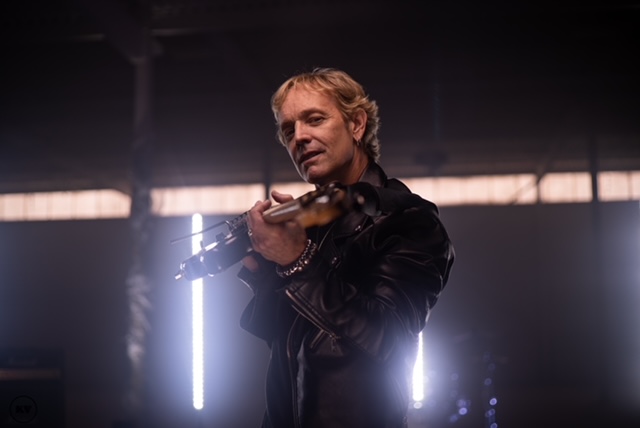
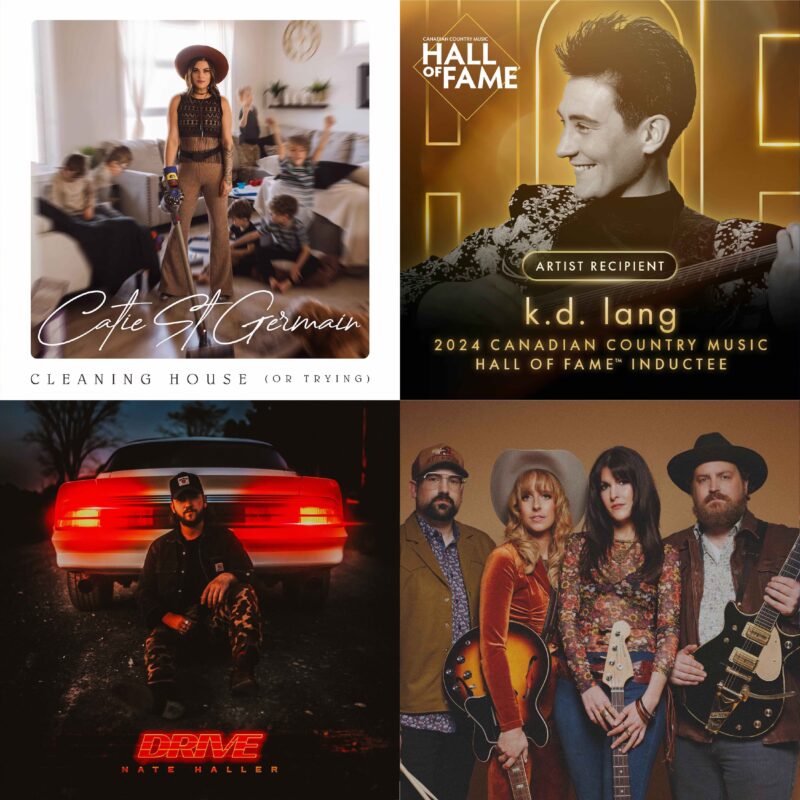
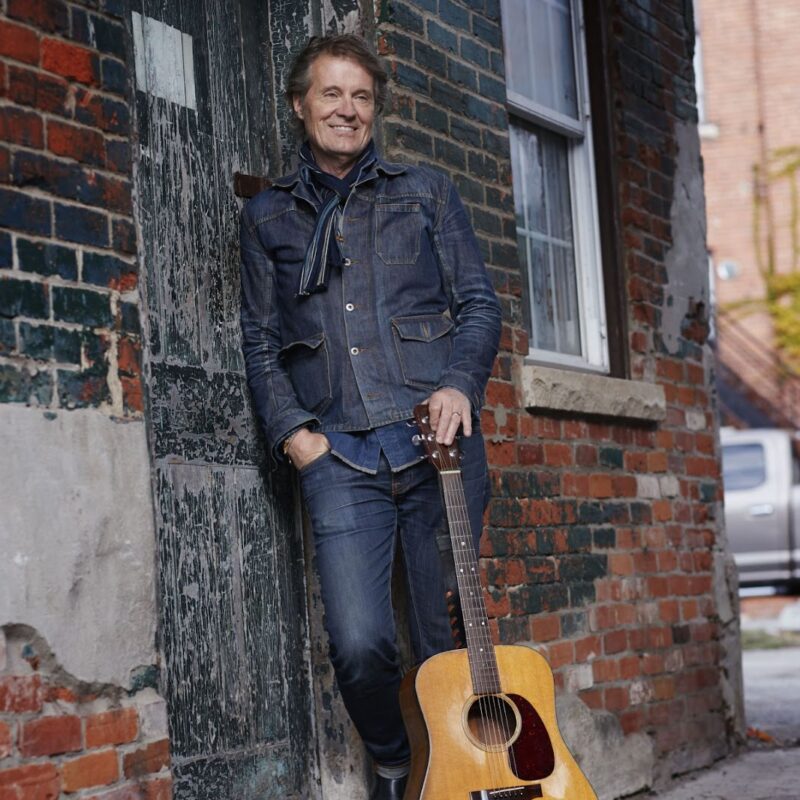

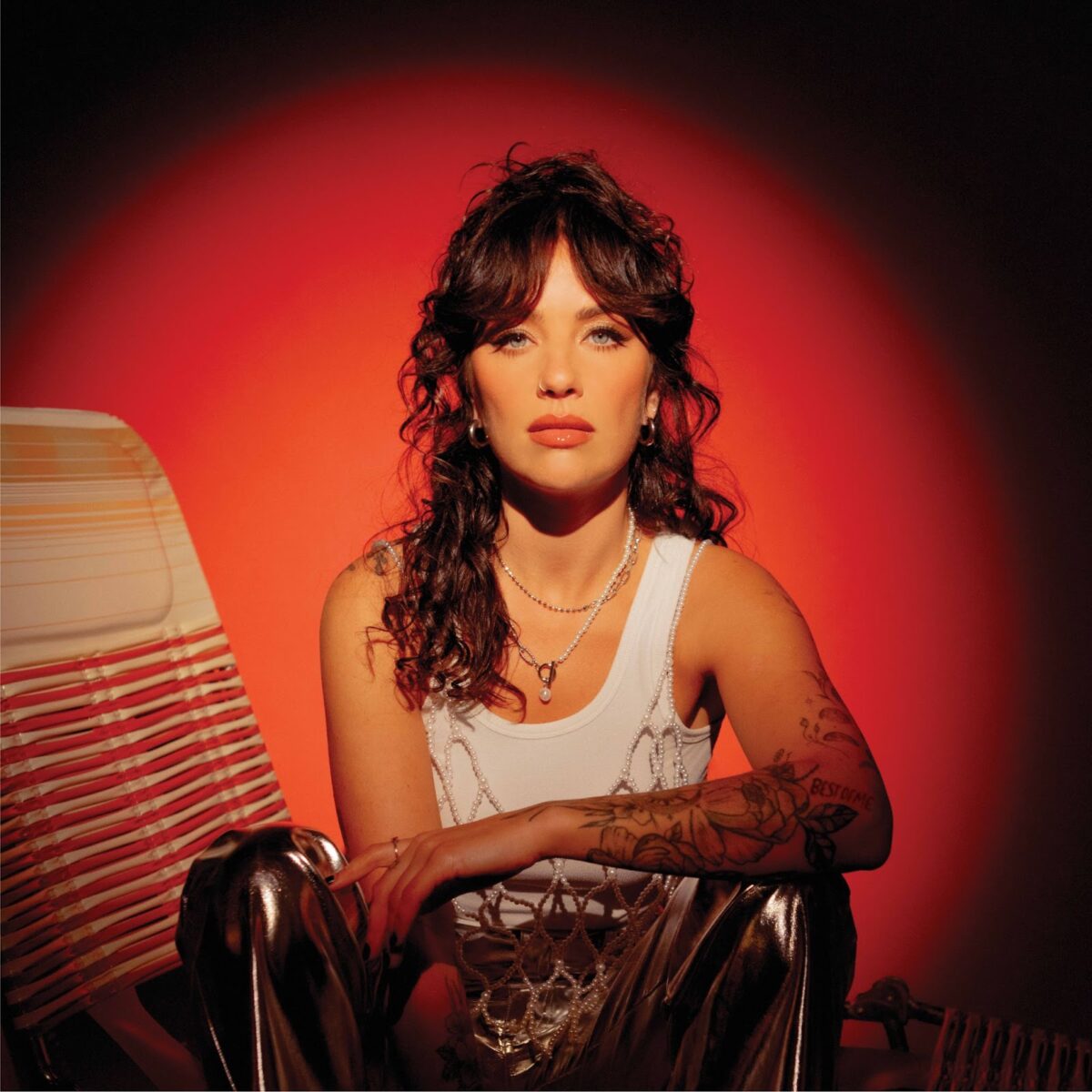
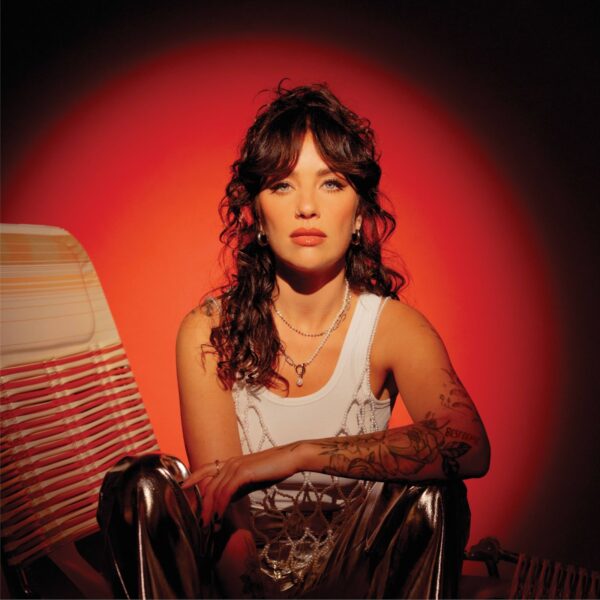
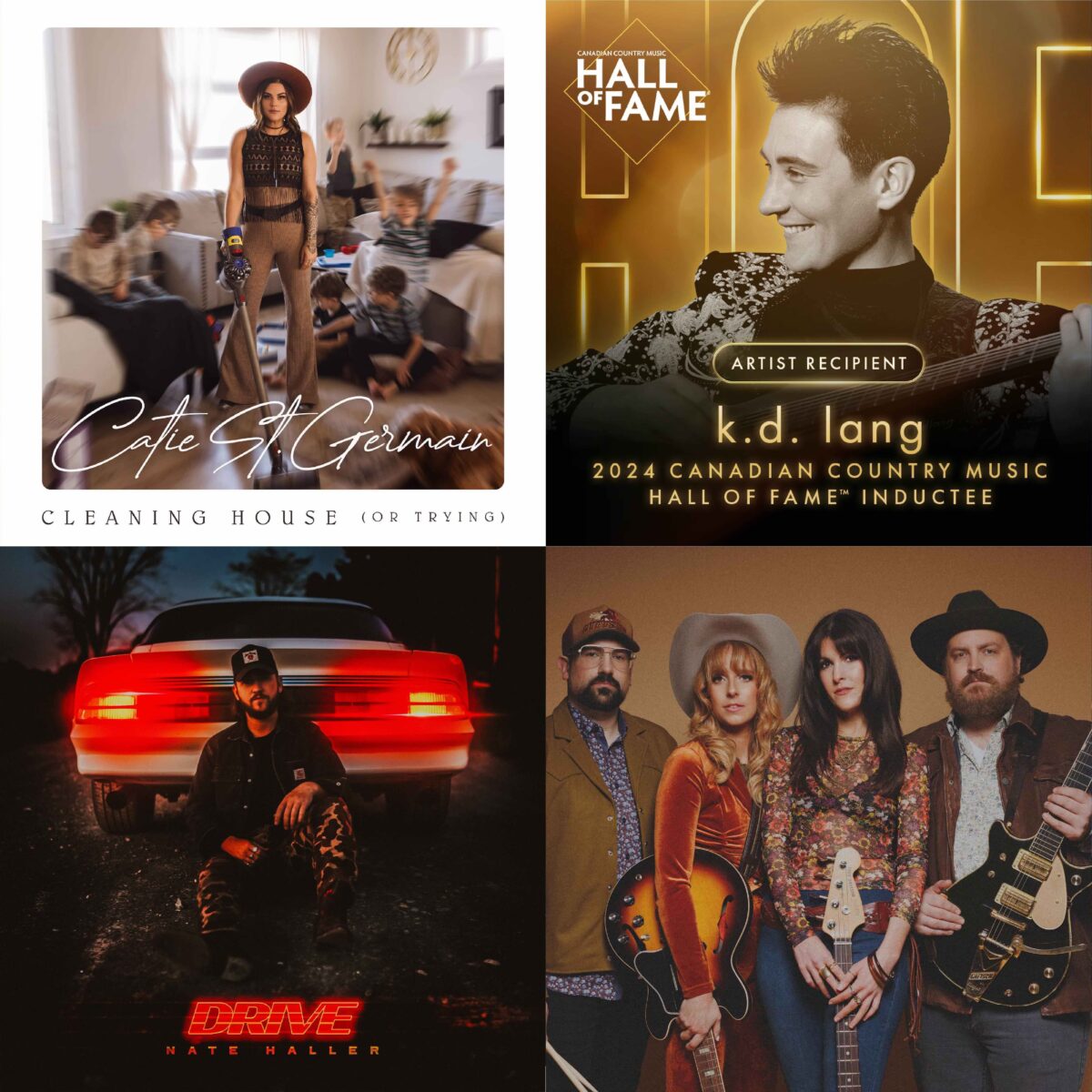
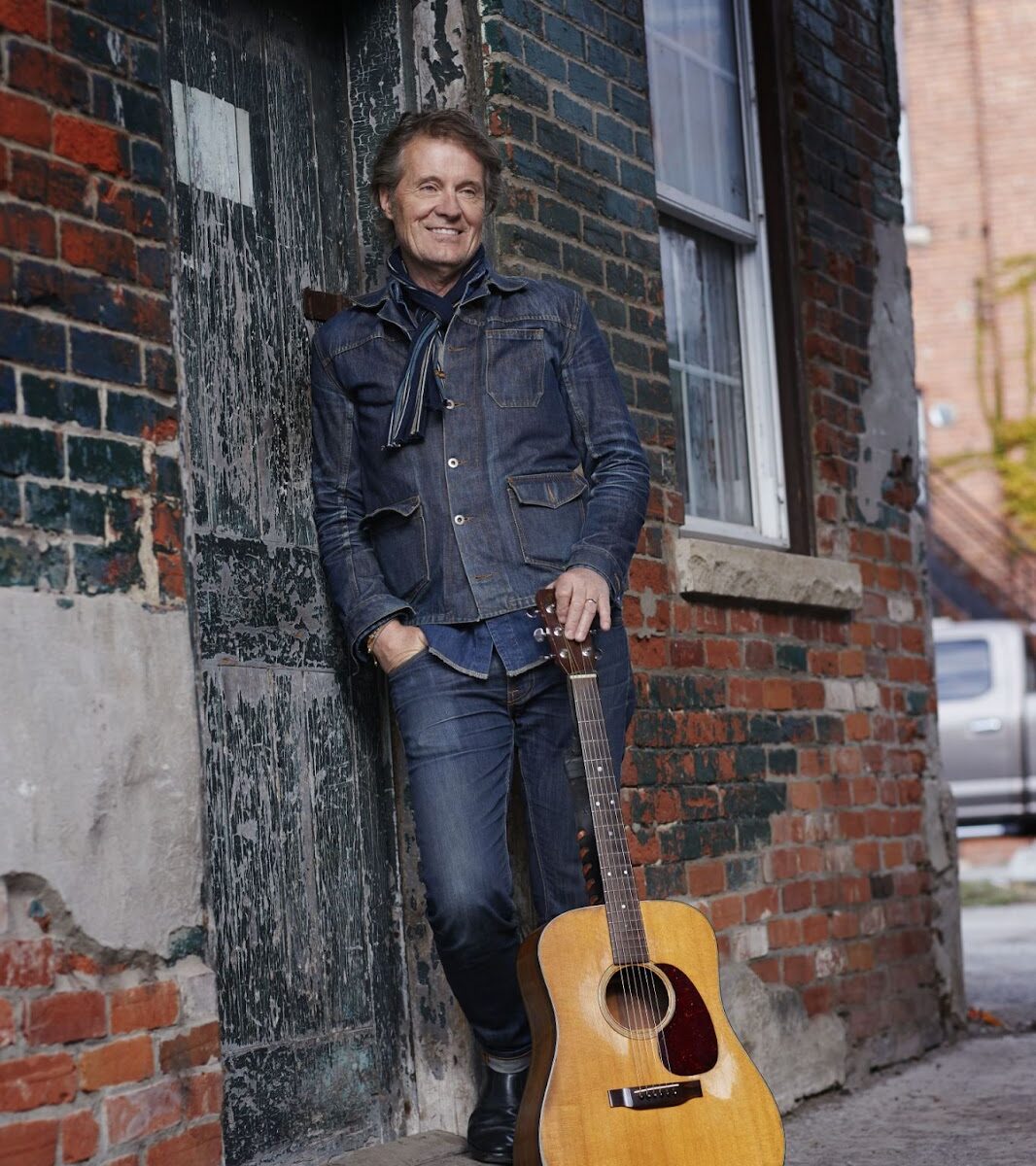

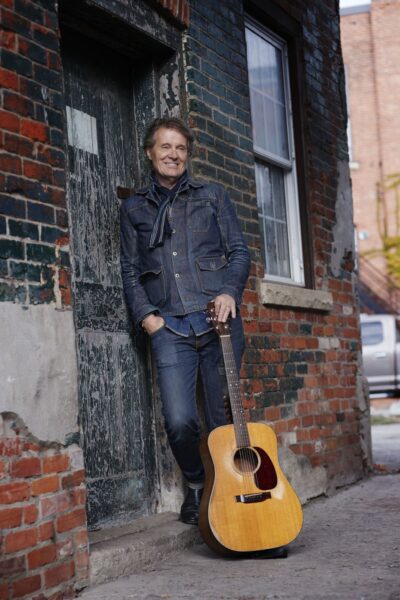

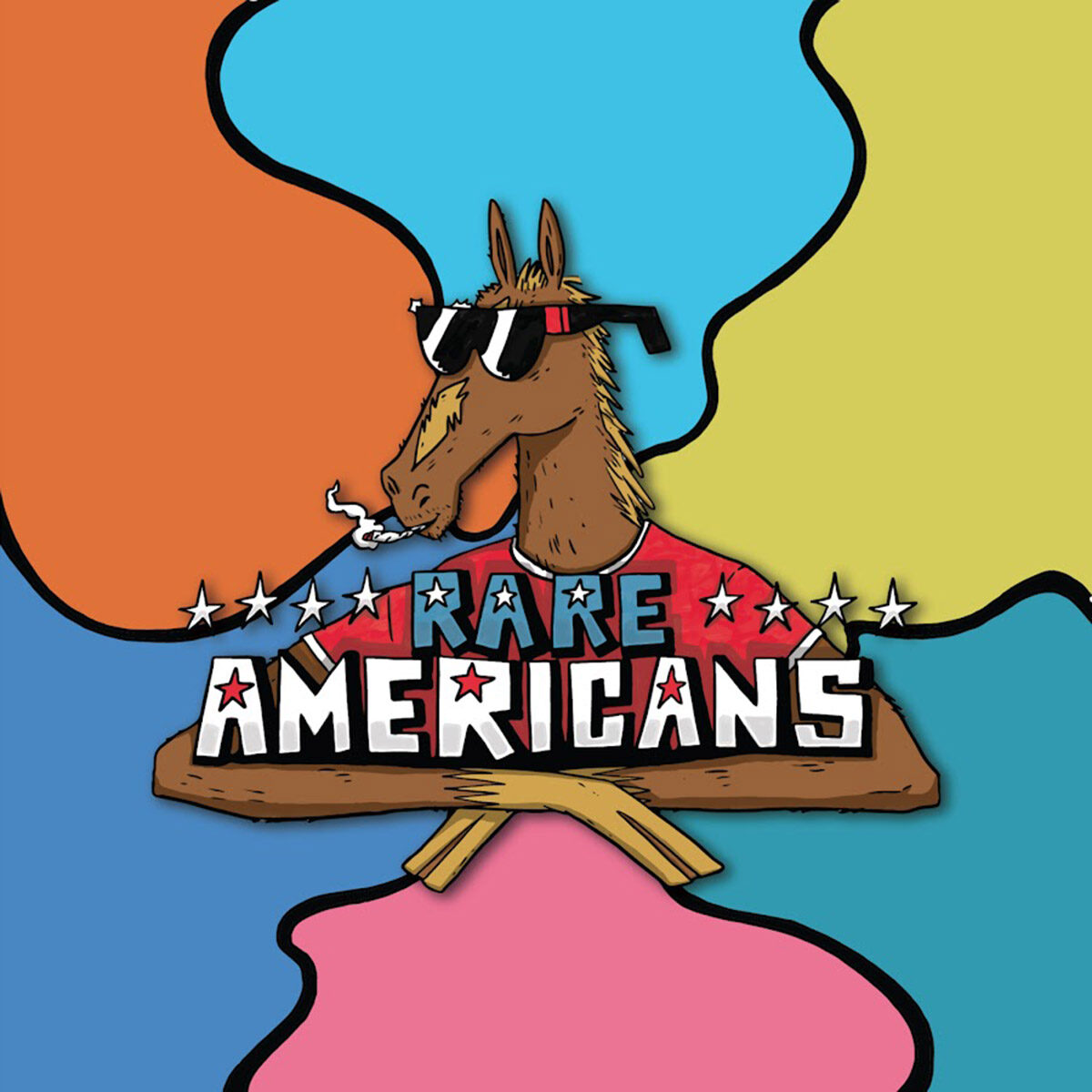

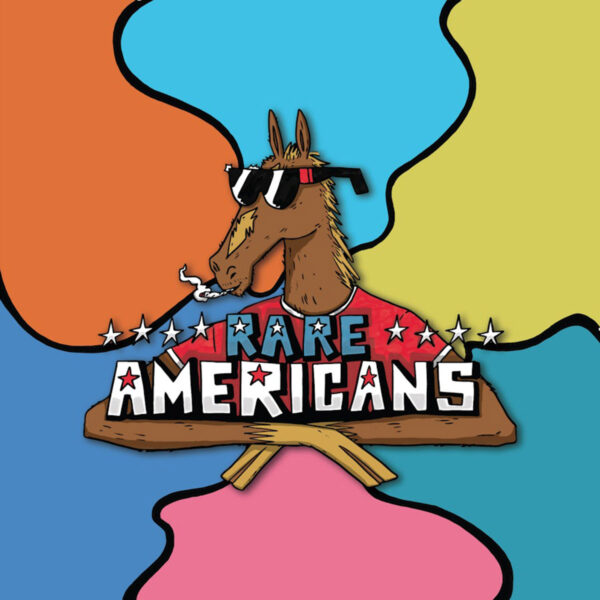
Comments are closed.